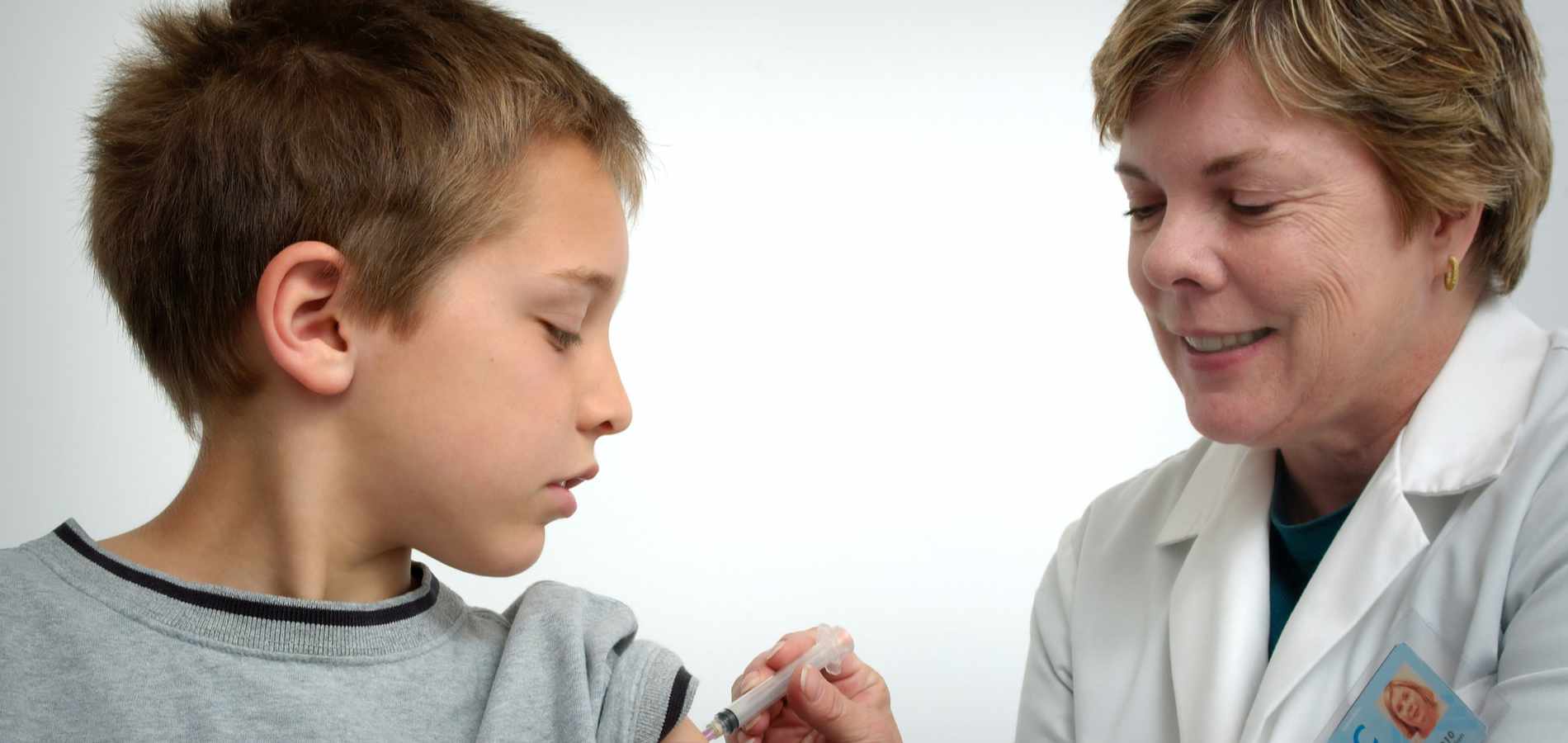The Epidemiology of Allergic Conditions laboratory aims to study the environmental determinants of allergic disease risk and the construction and validation of non-invasive tools to assess and monitor asthma.
The lab has already produced a significant number of publications in these two areas of activity, having made some important discoveries, starting by having demonstrated, for the first time, that exposure to endocrine disruptors at school age is associated with an increased risk of asthma and obesity, and by having demystified the effects of prolonged exposure to chlorine in swimming pools on the autonomic nervous system and the development of asthma in children. It has also shown that the environment around schools, namely biodiversity, the occupation of space and the way it is used, influences lung function and the development of allergic diseases.
This laboratory has an important connection to the clinical context, having determined and validated a set of microRNAs in exhaled air condensate for the diagnosis and endotyping of asthma in children. It has also shown that it can analyse the volatiloma of patients with asthma, which allowed for the development of a rapid method for monitoring asthma control. It was one of the first research groups worldwide to use an electronic nose to analyse the human volatiloma, and frequently receives requests to share this know-how.
Finally, the strong link between the environmental and clinical components of the laboratory, enhanced by the multidisciplinarity of its members, has allowed for the acquisition of unique skills regarding the assessment of risk factors in the built environment, highlighting the ability to link symptoms and diseases to indoor exposure, always taking into account the susceptibility of the occupants.
The results originated from the research of this laboratory support the use of biomarkers in exhaled air for diagnosis, monitoring and phenotyping of diseases according to specific respiratory impressions, thus contributing to the improvement of care provided to individuals with asthma or suspected asthma.
Taken as a whole, the observations from this laboratory support the reconfiguration of Public Health and urban planning as an opportunity to understand the effect of urbanisation and many other urban exposures on allergic health, providing information to develop successful community-based disease prevention measures.










